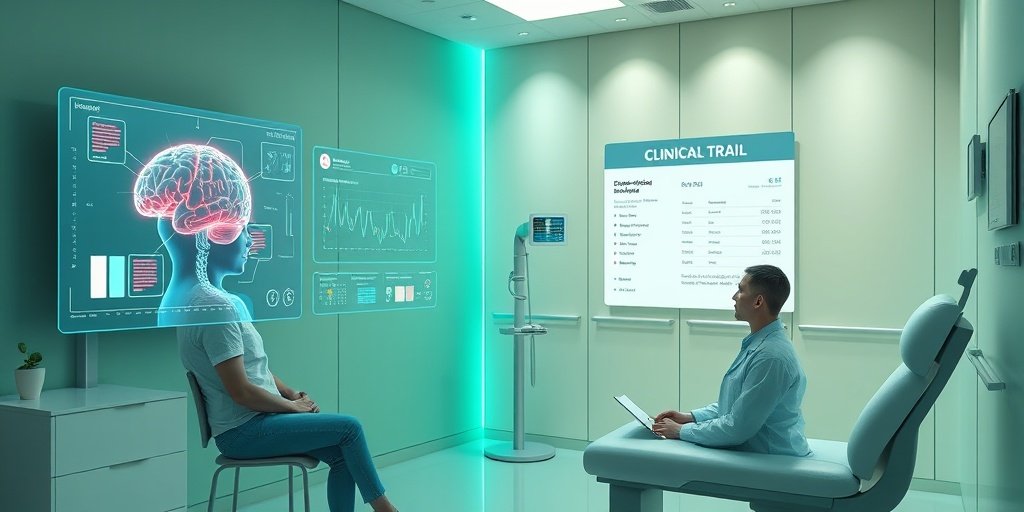Overview
A recent study published in the journal Machine Learning: Health reveals that ChatGPT can significantly speed up the process of screening patients for clinical trials, potentially reducing delays and increasing the success rates of these trials.
Key Findings
- Researchers at UT Southwestern Medical Centre utilized ChatGPT to evaluate patient eligibility for clinical trials, identifying suitable candidates in just minutes.
- Clinical trials are essential for testing new medications and procedures, yet many face challenges in recruiting enough participants. Up to 20% of trials affiliated with the National Cancer Institute (NCI) fail due to low enrollment.
- The traditional screening process is manual, requiring about 40 minutes per patient to review medical records, which can lead to delays and increased costs.
Challenges in Current Screening Processes
Many eligible patients are overlooked because valuable information in electronic health records (EHRs) is often hidden in unstructured text, making it difficult for conventional machine learning tools to analyze. This contributes to:
- Low enrollment rates
- Delays in trials
- Cancellations of trials
ChatGPT’s Role in Screening
To address these issues, researchers tested ChatGPT using GPT-3.5 and GPT-4 to analyze data from 74 patients for a head and neck cancer trial. They explored three prompting methods:
- Structured Output (SO): Requesting answers in a specific format.
- Chain of Thought (CoT): Asking the model to explain its reasoning.
- Self-Discover (SD): Allowing the model to determine what to look for.
Results
The findings were encouraging:
- GPT-4 demonstrated greater accuracy than GPT-3.5, although it was slightly slower and more costly.
- Screening times varied from 1.4 to 12.4 minutes per patient, with costs ranging from $0.02 to $0.27.
Expert Insights
Dr. Mike Dohopolski, the lead author of the study, stated, “LLMs like GPT-4 can assist in screening patients for clinical trials, particularly when flexible criteria are applied. While not flawless, they can save time and aid human reviewers.”
Future Implications
This research underscores the potential of AI to facilitate quicker and more efficient clinical trials, ultimately expediting access to new therapies for patients.
Additional Research
The same research team is also developing a method that enables surgeons to adjust radiation therapy in real-time during procedures. Utilizing a deep learning system called GeoDL, the AI can provide precise 3D dose estimates from CT scans in just 35 milliseconds, enhancing the efficiency of adaptive radiotherapy.
For further details, refer to the study by Jacob Beattie et al., titled ChatGPT augmented clinical trial screening, published in Machine Learning: Health, 2025.
